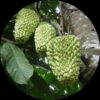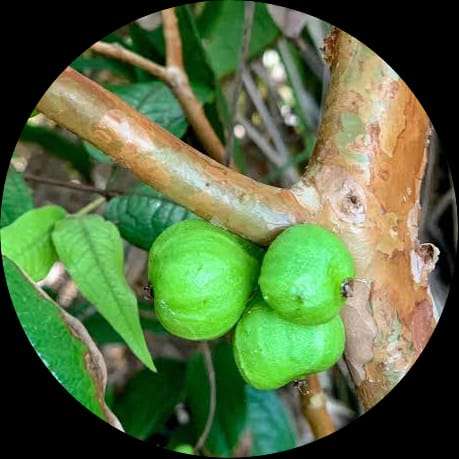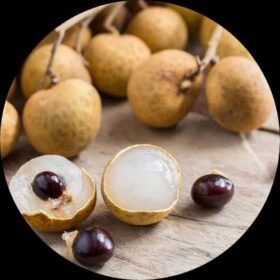- Empty cart.
- Continue Shopping
Jaboticaba Aureana
₹1,480.00Current price is: ₹1,480.00. Original price was: ₹2,200.00.
Genus : Pouteria
The Jaboticaba Aureana Fruit Plant is a mesmerizing addition to any garden. Its striking appearance is enhanced by the unique way the small, dark-purple fruits grow directly on the trunk, creating a stunning sight. These fruits, known as Jaboticaba, offer a delightful blend of sweetness and tanginess, making them a favorite among fruit enthusiasts. Grow your own Jaboticaba Aureana tree and indulge in the exotic flavors of Brazil!
Add to cart
Jaboticaba Aureana is a tropical fruit tree that is native to Brazil. Its scientific name is Plinia aureana, and it belongs to the Myrtaceae family.
The jaboticaba tree is a slow-growing evergreen that can reach up to 10 meters in height. It has a dense, bushy canopy and produces small, white flowers that are followed by round, grape-like fruit. The fruit can vary in size, but is typically between 2 and 4 centimeters in diameter.
Jaboticaba fruit has a thick, dark purple skin that is edible, but somewhat tart. The flesh inside is white or pink, with a sweet and juicy flavor. The fruit contains one to four small seeds, which are also edible but have a bitter taste.
Jaboticaba fruit is typically eaten fresh, but can also be used to make jams, jellies, and wines. In Brazil, the fruit is often used in traditional medicine to treat a variety of ailments, including diarrhea, asthma, and inflammation.
Jaboticaba trees are relatively easy to grow and prefer a warm and humid climate with plenty of rainfall. They can be grown in a variety of soils, but prefer well-drained soil that is rich in organic matter. The trees are usually propagated by seed or cuttings, and can take several years to begin producing fruit. However, once established, a jaboticaba tree can produce fruit for many years.
Add a review
Currently, we are not accepting new reviews














Reviews
There are no reviews yet